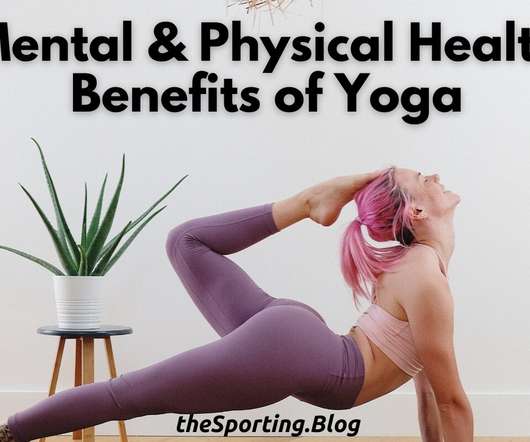Manchester City's March Continues: Understanding Their Perennial Favourite Status in the Premier League
The Sporting
JANUARY 11, 2024
The Sporting Blog tells all! Join The Sporting Blog founder Oli Harris as we dive into City’s recent dominance - including resources, squad quality, tactics, fan culture and more. Guardiola’s tactical flexibility and his ability to get the best out of his players are pivotal to City’s dominance.













Let's personalize your content